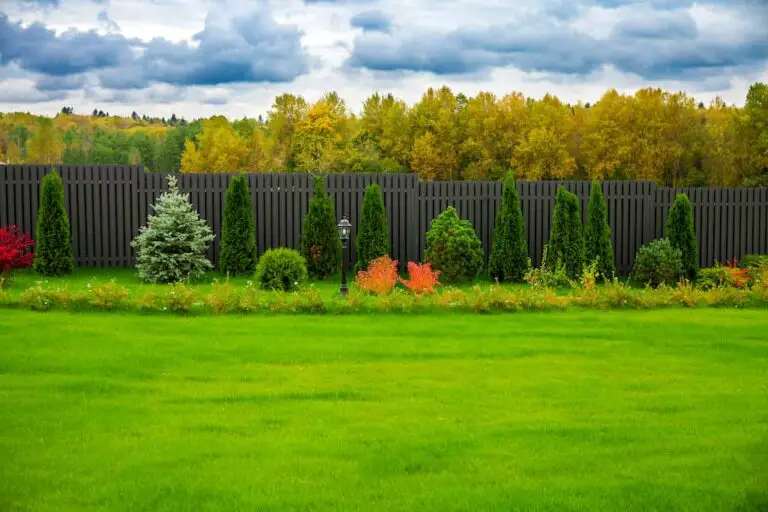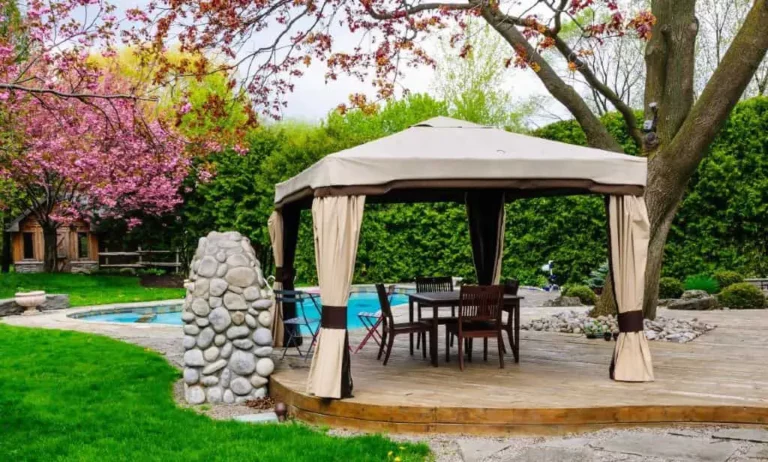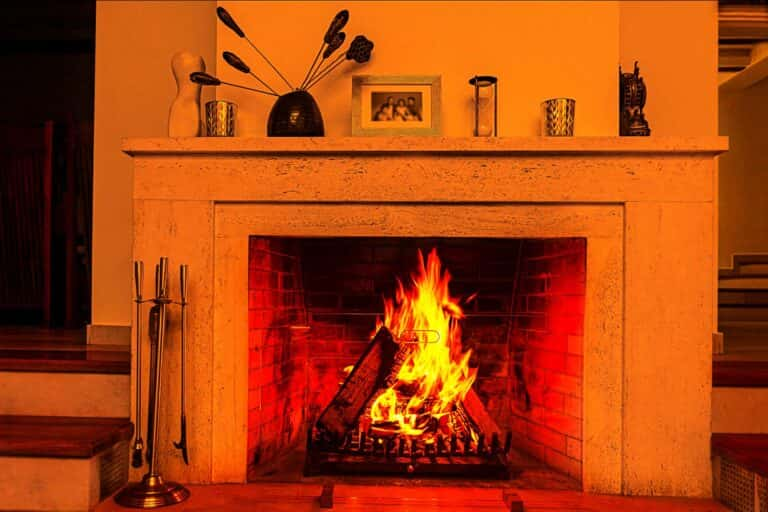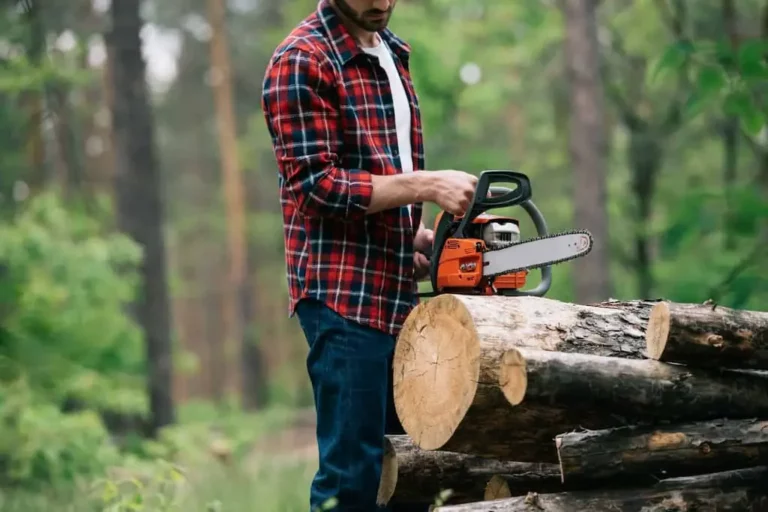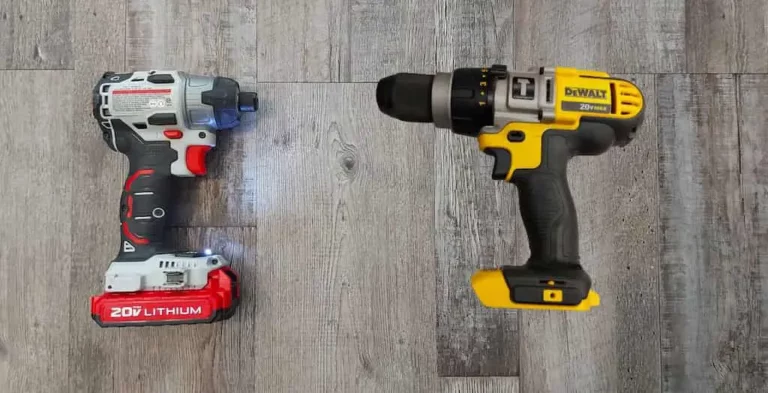Can Drywall Screws Be Used Outdoors?
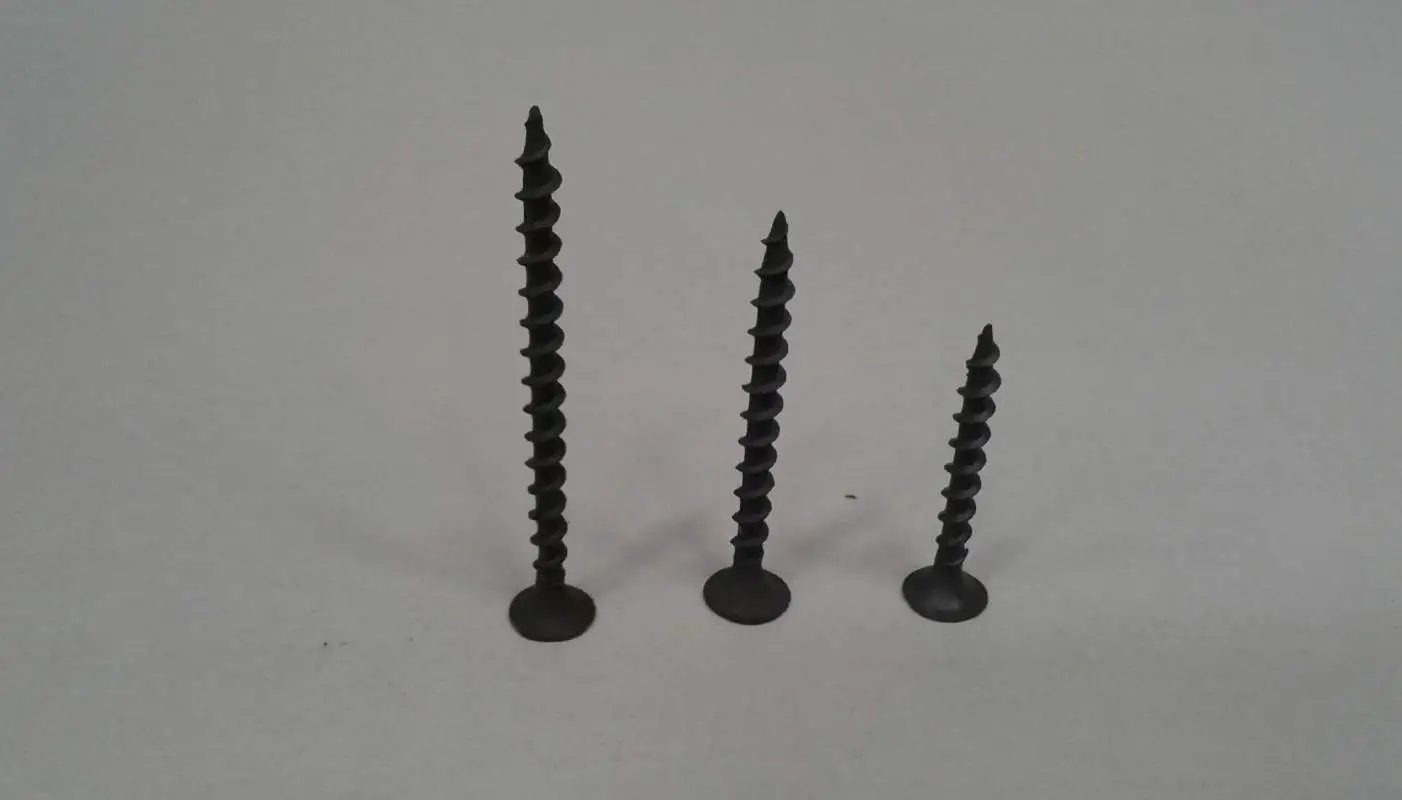
There are many screws you could use for your next outdoor project, but where the weather is a concern, any old screw won’t do. Drywall screws are an inexpensive choice, but are they the best option for what you have in mind?
Drywall screws cannot be used outdoors. Even those that are coated to mitigate corrosion will, when subjected to the elements, eventually rust. You’re better off using other types of galvanized screws for any outdoor work.
But that doesn’t mean drywall screws are useless. Below, we dive into what these screws are and when you should and shouldn’t use them. We also investigate further which screws are best suited for outdoor projects.
What Are Drywall Screws?
Just as the name suggests, drywall screws are used for securing drywall, such as panels made of gypsum plaster, gypsum being a kind of mineral, either to studs that are in the wall or joists that are in the ceiling.
They are made of steel and have heads that look like the bell on a bugle, hence the name, bugle heads. The bugle head is a useful shape that keeps the drywall screw from moving, and that does not rip into the drywall’s layer of paper, either.
With threads that are deeper than the threads in many other kinds of screws, drywall screws are difficult to knock out of place. Understandably, you need to use a power tool to fix them into position.
Types of Drywall Screws
Drywall screws are typically classified by type or thread count or thread pitch, which is the amount of space between the threads in the screw.
- S-type drywall screws have sharp, pointed ends. Because of this, they’re normally used for affixing drywall to difficult-to-penetrate metal. They also have fine threads and more of them.
- In contrast, W-type screws are narrower, longer, and have fewer, and coarser, threads. You’ll want to use these screws when the object to which you’re trying to fix the drywall is made of wood.
Both types have their advantages. Because there are coarse threads in a W-type screw, the screw holds fast and secure. It takes more time to screw in an S-type or finely threaded screw since it has more threads, but the pointy end makes it a relative cinch to insert.
Drywall Screws and Rust
Most drywall screws are coated with something to prevent or at least mitigate rust.
If you’ve ever seen black drywall screws, chances are they’ve been coated in phosphate. The phosphate is intended to prevent drywall that has gotten wet from corroding the drywall screws’ bugle heads. Other drywall screws are sometimes coated in vinyl.
While the coatings do help, neither one can completely keep a drywall screw from rusting. This is why drywall screws should not be used outdoors, where rain, humidity, and other atmospheric moisture are sometimes unpredictable factors.
When Can You Use Drywall Screws?
Can you only use drywall screws for screwing drywall? Yes and no.
While their primary and best purpose is holding the drywall in place, that doesn’t mean there aren’t a few other small, indoor hacks they can’t be used for.
One of these alternatives is fixing nail pops. Sometimes the wood used to construct a house has a little moisture in it. As the wood dries over time, the studs may move, causing the nails or screws to move as well. The nails might then bulge behind the wall, or even break through.
But it’s easy enough to remove the bulging nails and insert drywall screws in the stud instead. Below, Jeff, a general contractor from the popular YouTube channel, Home RenoVision DIY, explains how to do just that:
An even quicker hack can be helpful if you have a drain that clogs. The many threads on a drywall screw are well suited for catching hairs. Fasten a drywall screw to the end of a string before sending it down and spinning it around inside your clogged drain.
Finally, drywall screws can make for great glue stoppers. Use the pointy end of the screw to remove any dried glue that might be blocking the mouth of the tube. Moving forward, you can use the screw as a screwable top.
When Can You Not Use Drywall Screws?
But keep in mind that any alternative uses to which you choose to put your drywall screws should be minor. Drywall screws are breakable and can snap under too much pressure. It’s not unheard of for a bugle head to break away from the body of the screw. Not even a screw extractor can rescue a shaft without its head.
For this reason, large and heavy projects should be avoided. It is also inadvisable to use drywall screws for woodworking endeavors, again because of breakage potential. Instead, try using wood screws: their metal is softer, and the screws themselves are thicker, so they are both more bendable and less prone to snapping.
And, in general, you may want to steer clear of using drywall screws in places that are wet and moist, even indoors, because of the stated potential to rust.
What Are the Best Screws for Outdoor Use?
Instead of drywall screws, try looking into other galvanized screws for your outdoor work.
Galvanized screws have gone through a galvanization process, which means they’ve been covered in zinc. The zinc acts as a protective barrier around the screw, guarding against moisture that causes rust. It decays before the metal of the screw does.
Two of the more common types of galvanization processes are mechanical galvanization and electrogalvanization. You can tell the two types of screws apart just by looking at them: mechanically galvanized screws are grey and have no shine, whereas screws that have been electrogalvanized have a bit of a shine and are more silver in color.
All galvanized screws, however, are not created equal, nor are they suitable for all materials. If you are working with wood outdoors, mechanically galvanized screws might be your better bet. Screws that have been electrogalvanized, although covered in the helpful zinc, are still more vulnerable to wet or moist conditions.
It’s also important to keep in mind the kind of wood you’ll be working with. The experts at WOOD Magazine generally recommend mechanically galvanized screws for use with lumber that has been pressure-treated. However, be wary of such projects in high-moisture areas, as well as in places with salt in the air, or that require contact with soil.
For example, cedar and redwood have tannic acids that do not react well with the iron in zinc coating. The iron, together with the acids, may stain the wood.
In other words, you’ll certainly want to do your homework on your desired type of material, as well as on your climate, before deciding on your screws.
Conclusion
Drywall screws are perfectly suited to the purpose from which they derive their name: screwing drywall. Thanks to their deep and particular threading, either coarse or fine, they can also make for handy fixes around the house when the problem is a minor one, such as a nail pop or a clogged drain.
But for all their coating, they are not made to withstand the elements and will rust. They are not the best screws for your outdoor project. Your solution might lie instead with a type of galvanized screw.
Ultimately, an understanding of your materials and the weather will go a long way toward ensuring your work in the great outdoors remains stable, attractive, and long-lasting.
